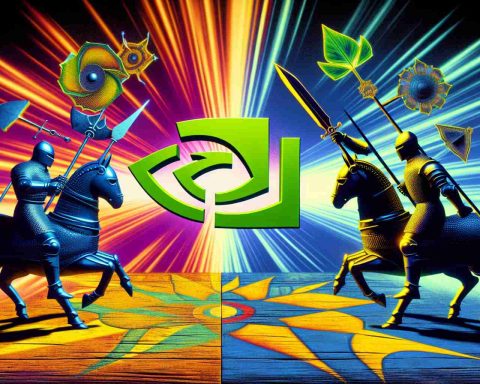India’s online gaming industry is experiencing exponential growth, fueled by advancements in technology and the widespread use of smartphones. According to a recent report by EY, India is home to the second-largest number of online gamers globally, with a staggering 42.5 crore players. Real money gaming (RMG) accounts for a dominant 83% share of the entire market. To tap into this immense potential, it is crucial to establish a progressive regulatory framework that supports innovation and growth, paving the way for India to become a global gaming hub.
The Need for Enhanced Advertising and Marketing Regulations
To ensure ethical practices in online gaming, stricter advertising and marketing regulations are imperative. The government has already offered recommendations on advertising standards for intermediaries in the online gaming industry, and media companies are encouraged to comply with ASCI guidelines. In addition, explicit instructions have been given to avoid promoting betting and gambling platforms. However, unscrupulous foreign platforms continue to advertise using mass communication mediums. In response, the Ministry of Information and Broadcasting (MIB) has been authorized to regulate gaming content and online advertising policies since August 2023. It is anticipated that MIB will soon introduce a stringent Advertising Code that applies to all digital media entities, including online gaming platforms, which will help establish clear and legally regulated advertising standards.
Policies to Promote Responsible Gaming and Consumer Protection
The gaming industry eagerly awaits clarity from the Ministry of Electronics and Information Technology (MeitY) regarding regulations, particularly in establishing Self-Regulatory Organizations (SROs) as originally planned. The current rules for online gaming do not adequately distinguish between “permissible online games” and the unethical or illegal operators in the market. While larger skill gaming companies have already implemented responsible gaming measures, such as rigorous age verification processes and algorithms that limit excessive gameplay, a more explicit policy framework is needed. Trust symbols awarded to compliant platforms could empower consumers to identify and choose responsible gaming environments rather than exploitative ones.
Ensuring Financial Transparency and Compliant Payment Processes
The Reserve Bank of India (RBI) has been scrutinizing payment gateways to identify aggregators providing services to illegal entities, including gambling platforms. The intended differentiation between “permissible” and “non-permissible” online games, as per MeitY’s plans, would simplify this process. However, regulatory delays have created gaps, allowing illegal platforms to deceive consumers by posing as “skill games.” The RBI emphasizes the responsibility of payment aggregators to restrict access and ensure fair companies follow RBI-compliant payment processes. By adhering to these processes, companies can enable the traceability of funds, facilitating the identification and removal of dishonest players.
Driving Technology-Enhanced Gameplay
Companies in the online gaming industry are taking significant strides in promoting responsible gaming on their platforms. They employ rigorous age verification processes, machine learning algorithms that limit excessive gameplay, and offer educational resources, self-healing options, and transparent transactions to create a safer gaming environment. These advancements are crucial for implementing effective measures to address concerns like addiction, harassment, and inappropriate online content. Artificial intelligence algorithms analyze player behavior in real-time, identifying patterns indicative of problematic gaming habits. This proactive approach allows companies to intervene promptly by offering support or implementing restrictions when necessary to promote healthy gaming experiences. These systems continually learn from user behavior, ensuring a dynamic and responsive approach to user well-being.
Creating Equal Opportunities for Small Startups
Ensuring affordable and scalable application distribution is essential for all digital industry companies, especially smaller or new startups. Startups that offer real money gaming face unique challenges. Google’s pilot program, which currently permits daily fantasy sports and rummy gaming apps on the Google Play store for Indian users, is due to expire on January 15, 2024. In order to foster innovation and avoid disruption, companies are hopeful that the deadline will be extended or that existing apps will continue to be hosted on the Play store until additional policy clarity is obtained from the government.
The Role of Collective Actions in Shaping Policy
India has witnessed successful collaborations between various industries and the government, leading to progressive regulatory changes. For instance, such collaborations have resulted in initiatives that promoted connectivity and accessibility in the telecommunications sector. Likewise, proactive actions have contributed to the growth and global competitiveness of the IT sector. The gaming industry, while currently self-regulating, also requires specific operational clarity from the government to further thrive.
India’s online gaming industry is poised for remarkable economic growth, with its rapidly expanding user base and technological expertise. By effectively utilizing policies that encourage innovation and foster a responsible gaming environment, this industry can make a substantial contribution to the economy.
The source of the article is from the blog j6simracing.com.br







